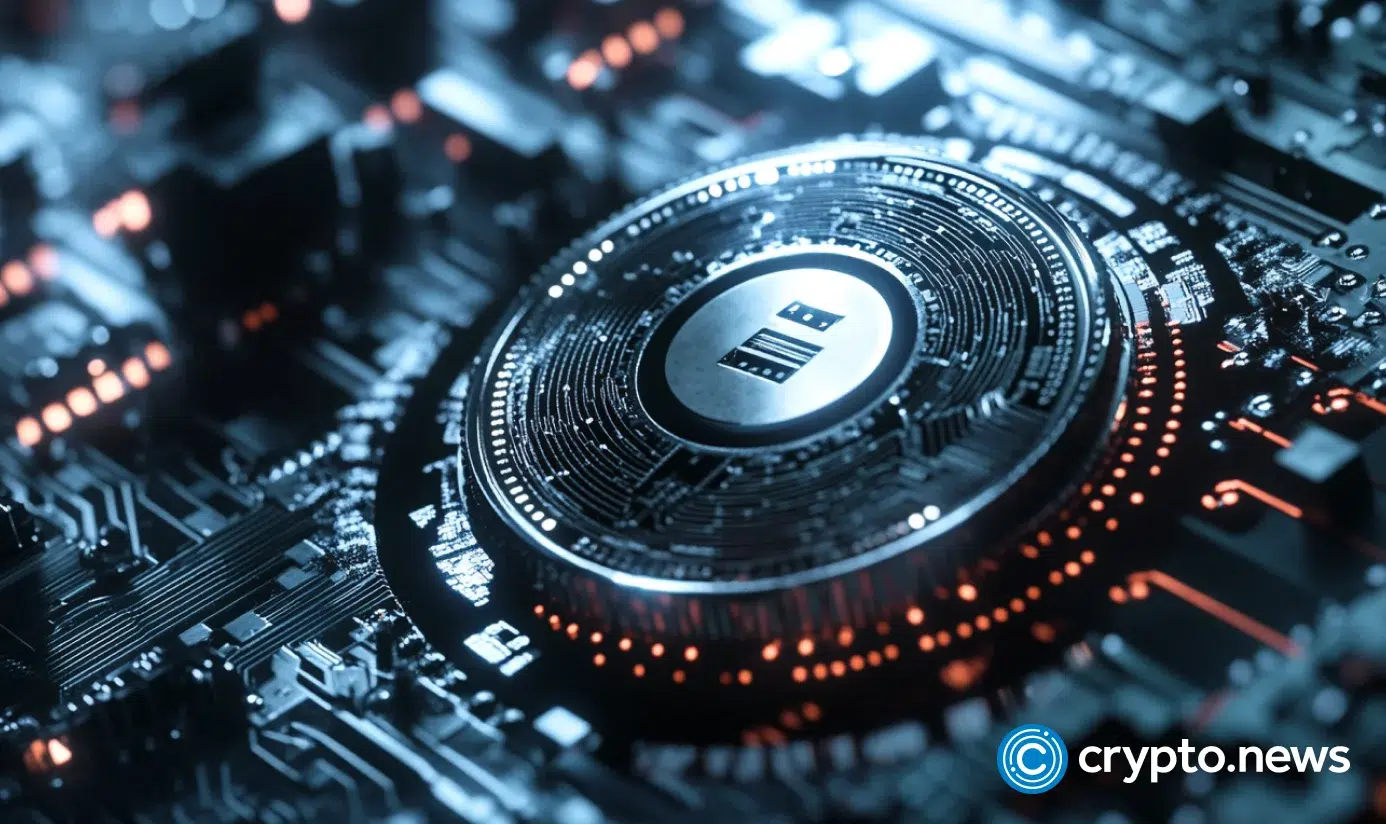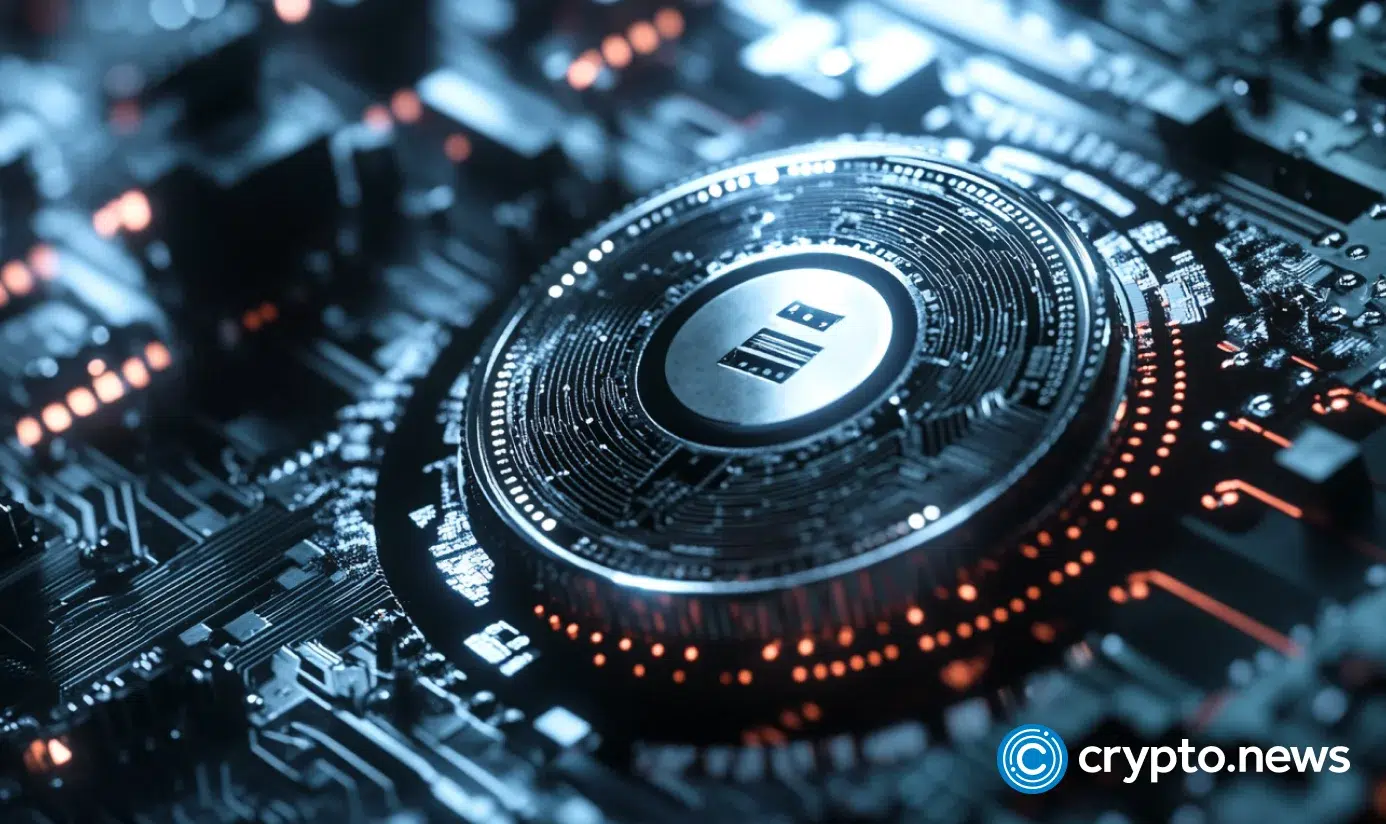CryptoCurrency
Winners, losers, and the road ahead


Disclosure: This article does not represent investment advice. The content and materials featured on this page are for educational purposes only.
Rising energy costs are reshaping Bitcoin mining, pushing the industry toward larger operators, new power strategies, and deeper market consolidation.
Summary
- Mining costs have surged, making profitability increasingly difficult for smaller, grid-dependent miners.
- Large operators stay competitive by securing cheaper renewable energy, relocating to low-cost regions, or developing their own power sources.
- The future points to further consolidation, geographic shifts, and greater use of clean and innovative energy solutions.
Bitcoin mining strategies have evolved rapidly over the past decades, turning it from a domain of hobbyists tinkering in garages into a capital-intensive, industrial-scale activity. Bitcoin greatly changes the modern landscape. However, there is another side to the coin.
The more the expenses to mine a single Bitcoin rise, the more the contours of the mining ecosystem are shifting as well. The recent mining trend confirms that the most efficient players implement new approaches to power generation and consumption while squeezing out smaller operators from the market.
The energy required to mine one Bitcoin has nearly doubled since 2024, prompting market players to scramble for solutions and explore more effective mining methods to remain competitive and profitable. While the trend is crystal clear, it has broader implications for the Bitcoin community. In this review, we explore how the rising cost of mining is reshaping the Bitcoin world now.
The new price of entry: Why mining becomes more and more expensive
A sharp rise in energy costs per Bitcoin encores market shifts. Speaking precisely, mining a single Bitcoin in the United States has risen to $111,072 since 2024! This price is calculated based on the average U.S. industrial electricity rate of approximately $0.13/kWh. It is a power consumption alone! On top of that, miners also bear extra expenses for hardware, maintenance, staffing, facility maintenance, etc. It makes the true breakeven cost even higher.
Who is winning under this scenario and how?
To make a long story short, these are market players who can afford cheaper power generation. Larger operators remain more flexible under these terms. They actually effectively implement two workable strategies to optimize their mining costs and remain competitive. Both strategies are vital to navigate the increasingly expensive landscape.
First, large mining operators secure ultra-low electricity options on a larger scale. It is made through hydroelectric power and renewable energy sources (wind and solar electric facilities). Long-term industrial contracts also become an effective solution in some instances. On top of that, larger operators may also acquire or develop their own power generation facilities, making them even more independent and flexible than other market players.
The second option involves relocating mining facilities to countries with low-cost power generation. Geo optimization allows large operators to do the same while incurring the same mining costs.
As a result, large market operators effectively address the most challenging market issues and remain competitive. They may allocate a significant portion of resources to business scaling, hedging, and infrastructure investment.
Who is losing under these terms?
We have already briefly mentioned at the beginning that small market operators lose. However, they are not alone. Actually, any market operator that depends on punishing grid tariffs loses. The reason is the average commercial electricity rate, which forces many players to operate at the edge, in some cases even below the profitability threshold.
High competition and harsh pricing terms force small, grid-dependent operators to evolve as soon as possible. Otherwise, they merely shut down. It is actually the case that large market operators manage to leverage again.
As margins thin, consolidation becomes a new reality for many players. There are two options in this instance. First, small players merge to form a new enterprise that is more resilient to market fluctuations and harsh terms. Second, small miners may be acquired by bigger ones, leaving even more of the network in the hands of fewer, bigger players.
The road ahead: What miners should expect
While the crypto world continues to evolve and grow, it is possible to predict mining. The reason is simple, it is unlikely that any significant changes in power generation and consumption will happen. Based on that presumption, it is reasonable to say about the following points that define the future of mining:
- Further consolidation. The likelihood of further shakeouts among smaller miners and their associated consolidation is pretty high. Industrial-scale operators with privileged access to electricity will remain more competitive and resilient under the discussed market terms.
- Geographic shift. It will only increase and will be associated with the exploration of regions with low-cost, clean energy. These will be hydro-rich areas first. Operators who reserve access to such areas as early as possible will remain profitable.
- Green mining growth. Both steady regulatory and cost pressures will encourage small players to adopt renewable and off-grid energy. This optimization will help to ensure long-term viability.
- Innovation in use cases. Miners will continue to seek new revenue streams that can be leveraged only by adopting innovative solutions. Solutions such as heat recapture, energy arbitrage, and even the deployment of ASICs for non-Bitcoin computation during downtime have already become a reality for many market operators. Further diversification of energy sources will definitely remain on the agenda.
- Financial engineering. Stockpiling BTC, hedging energy costs, or even packaging mining operations as investment vehicles may become more viable and widespread strategies for survival and growth.
Bottom line
The rising energy costs of mining have become the major determinant of market fluctuations and shifts. This trend results in the shutdown of many malls and grid-dependent operators, encouraging other market players to innovate and search for more optimized solutions. Thus, the divide between energy-rich giants and undercapitalized small players is growing, promising to become even sharper during the following years.
The market will rely even more on alternative power sources and on geographical shifts. Heaven knows which innovative solutions will emerge to address the recent market situation. However, one thing remains for sure: these innovative solutions are vital for miners to stay in the game further.
Disclosure: This content is provided by a third party. Neither crypto.news nor the author of this article endorses any product mentioned on this page. Users should conduct their own research before taking any action related to the company.










